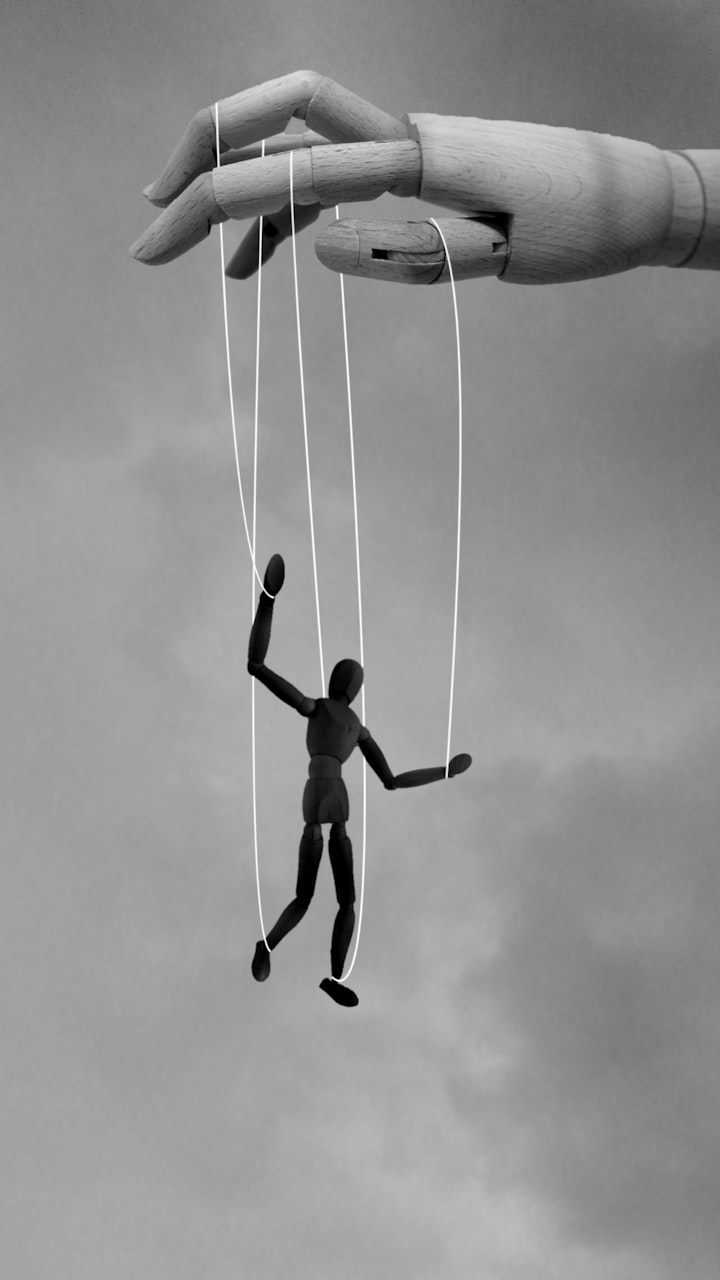
One of the strangest but most effective notions of psychotherapy, particularly a branch known as transactional analysis, is that we all have three core personalities: a kid, a parent, and an adult. To elaborate, a child is normally vulnerable, touchy, trusting, and in need of guidance, kindness, support framework, and certain regulations for their part.
The parent is strong, in command, and responsible, but also critical in hectoring and overburdened by all of their responsibilities. Meanwhile, the grownup is rational, thinking in command, neither too weak nor too strong, creative, and compassionate. We would all be able to switch between these three personality types with great ease in an ideal world. In a good partnership, we would be continuously shifting between these three roles within ourselves, primarily lingering in the adult Zone but able to shift into parent or kid mode as needed.
For example, when we are sad and under pressure, it should be part of our health to know how to become a child again, that is, to exhibit our need, beg for help, curl into a ball, and believe that we would be treated with warmth and sympathy without fear of assault or belittlement. However, there should be times in a relationship, particularly when our usually adult partner has experienced a crisis and descended into a childlike mode, when we are powerfully able to step up into a parental role and become ministering indulgent to weakness and tantrums calm in the face of irrationality and secure enough in ourselves to know that the child partner will revert back to adulthood in a short while and self-command that we typically expect from them.
If a couple has little children, for lengthy periods of time, both people may need to act as parents, but once the kids are in bed, they may both try to be lovely, slightly mischievous children, or one may play adult to the other's needy younger self. The challenge for couples and individuals arises when people become caught in specific situations where they can only ever be children, parents, or adults. In certain partnerships, one partner is always a child and the other is always a parent. One person is always being irresponsible and naughty.
They leave their clothing everywhere, don't schedule driving lessons, don't go to the dry cleaners, neglect to go shopping and misplace their keys. When you're in the mood, these can be very endearing, but you'd hesitate a lot. Before leaving them in charge, there is often a parental type partner in such relationships who is always chiding, always reminding the child what to do, super competent forever rather stressed alternately indulgent to the child but also on the verge of being cross and punitive. This can be accompanied by a strong reluctance on the part of the parental figure to ever access their own child self.
They must always be strong, and they must always be mummy and daddy. They are not capable of being babies. Why, we could ask, do people, and thus couples, become caught in these roles? Why is it so difficult to get out of them? Why are some people so resistant to finding their way into the position of parent, child, or adult? In all cases, we are looking at something in the past that has made a smooth shift to a specific viewpoint impossible or frightening. There are persons who are locked in the kid role, and adulthood and parenthood bring insurmountable challenges.
Perhaps they are the offspring of a loving parent who couldn't stand their maturity long enough to be considered worthy of love. They had to be a baby, or else they may feel compelled to remain a child because a parent would be angry, castrating, and humiliated if they tried to demonstrate independence and pride in their adult goals. At the opposite end of the scale, there are people whose younger selves were so mistreated, who experienced such fear and lack of support as children, that the thought of being small for even a few hours poses excruciating difficulties to their integrity. They might like pretending to be mummy and daddy.
They will never be able to be a baby. As is always the case, the core of all these impasses is self-exploration and reciprocal honesty in partnerships. Problems are never as severe as they appear. When we bring them into consciousness and circulate them in conversation, admitting to being a child who doesn't dare to be an adult or a parent who doesn't dare to be a child isn't just a strange-sounding confession; it suggests the presence of someone deeply committed to eventual maturity and on their way to being the best kind of grown-up.
About the Creator
Ade Bimfo
Facts, Physiology, Mystery, News, Football, and anything interesting.
Feel free to suggest topics for me to cover in my posts. I'll do my best to provide interesting and informative content. Enjoy reading!






Comments
There are no comments for this story
Be the first to respond and start the conversation.